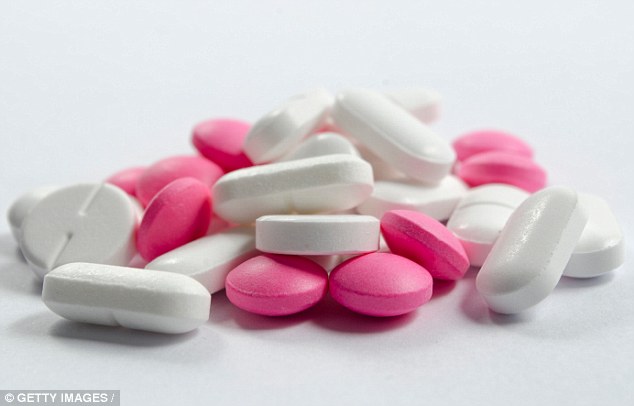Many times, in the rush to relief a symptom, we do not stop to review the expiration date of the medications, which may have risks to your health and your family.
Then we tell you what happens when taking an expired medication.
As in food, medications have an expiration date that indicates how long they have a shelf life, that is, until it is safe and effective to consume the medication.
The correct effectiveness of a medicine is an important factor to improve any discomfort, since the greater the effectiveness, the better the results will be.
But the importance of reviewing the expiration date of medications is not only that, since there may be side effects on health from taking an expired medication.
What happens when I take an expired medication?
When we take an expired medication, these are the main consequences:
- There may be allergies, bacterial resistance and intoxications.
- In some cases, its components may undergo chemical changes that specifically affect the liver, kidneys and stomach.
- With antibiotics, there may be a toxic reaction, so you should be more careful.
To avoid any problem, you have to check before taking any medication to expiration date and make sure to keep them in a cool and dry place.
Otherwise, you can alter the properties of the medication and spoil it before the established time.
Ideally, you should review all medications at home at least once a year and get rid of all those that no longer work, especially if they changed color or stained the box.
For example, tetracycline and ferrous sulfate usually show brown spots when they decompose.
However, there are studies that claim that more than 80% of medicines continue to work at least one year after their expiration date, with an average lifespan of five years higher. There are medications that even harden more.
However, it is best not to expose yourself and discard all medications that no longer work.
To dispose of expired medications go to a collection center for outdated products, never throw them away, much less the toilet.














